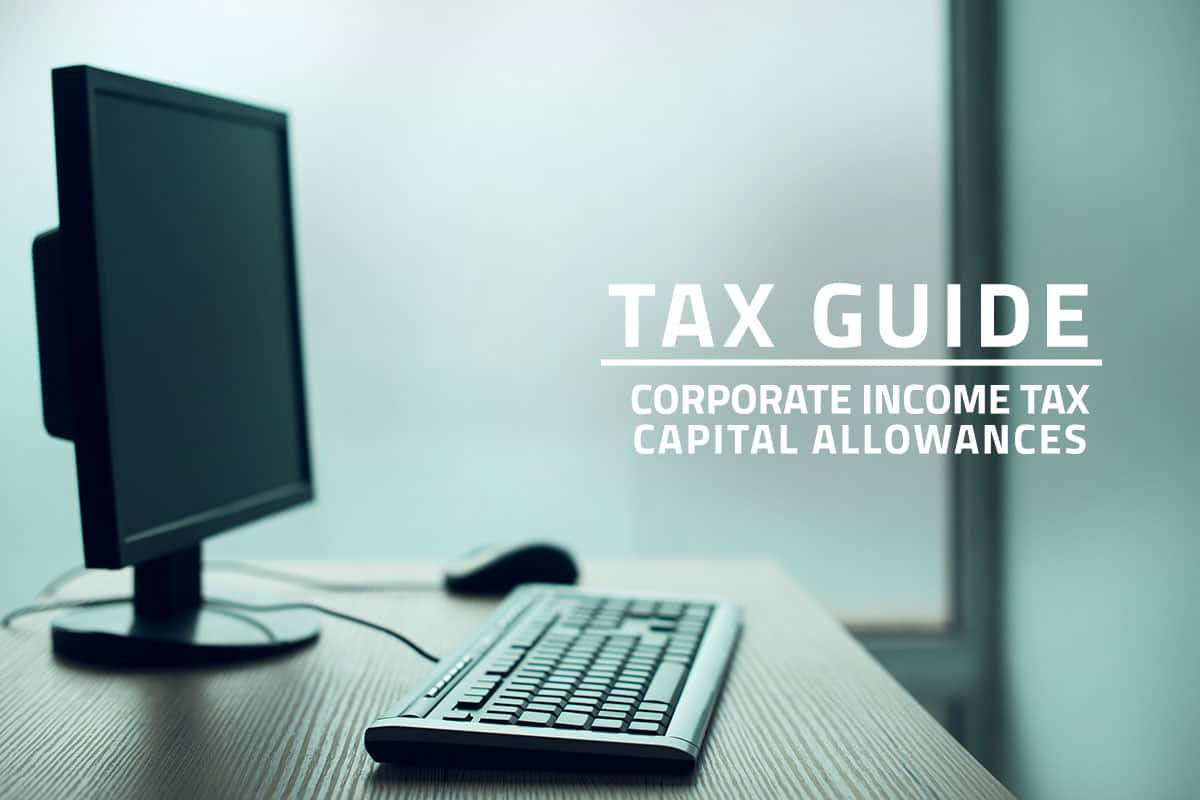Late last year, the Singapore government announced plans to raise GST by 2 percentage points. In the Singapore Budget 2018, the next proposed GST increase will happen between 2021 and 2025, from the current rate of 7% to 9%. In the recent Singapore Budget 2019 delivered by Finance Minister, Mr Heng Swee Keat, a similar stance was reiterated but the exact timing has not been finalized.
The effects of the upcoming GST increase may not materialise in 2020 as a majority of the changes are slated on a proposed timeline from 2021 onwards. Economic conditions in the country had not been rosy due to an ongoing trade war conflict. Nevertheless, the Singapore government will be closely monitoring its spending and revenue base before deciding on the timing of the GST hike.
What is GST?
Goods and Services Tax or GST is a broad-based consumption tax charged in addition to the price of imported goods, as well as a wide-ranging category of goods and services in Singapore. GST is more commonly known as the Value-Added Tax (VAT) in overseas developed countries such as Japan or Korea.
Reasons for the GST increase
One of the main factors for the GST increase is for funding Singaporean’s healthcare. Singapore has an ageing population and a permanent increase in revenue base is required. The country’s Health Ministry has been subsidising Singaporean patient bills via various healthcare initiatives and an ageing population requires higher medical attention and spending. The planned GST increase can supplement government revenue in providing adequate medical facilities and manpower to service the city-state’s healthcare needs.
Impact on Singapore Businesses and Consumers
The GST rate hike is expected to impact businesses and consumer spending behaviour in various ways. One common expectation would be lower consumer spending as consumers bear the final tax burden. An SGD 500 meal cost before GST would result in a higher final bill due to the planned 2% GST rate increase in upcoming years. As these purchases become more expensive, consumers may be deterred from spending which will in turn negatively affect businesses experiencing lower sales and revenue.
GST registered companies are obligated to settle tax liability within one month from the end of the financial accounting period. Non-compliance of settlement of tax liability will result in a 5% penalty. Higher tax liability will then attract higher penalties due to non-compliance.
For a GST registered company, there won’t be any serious implications on its final bottom line as purchases are eligible for input tax claim which can be offset against sales output tax collected from customers. Non-GST registered companies, however, may suffer higher total purchase costs as input tax is not allowed for claiming. Some adjustments may be needed from a cash flow perspective for GST registered companies when the GST rate increase takes effect.
The planned GST increase may occur in phases where the increase is done in 2 stages, with each phase being a 1% increase in GST. Although the exact timeline for the planned implementation remains an open question. Consulting a qualified tax professional as early as this year is advisable to get businesses ready for GST compliance and sourcing ways to minimize the negative impacts of the planned GST hike.
Related Posts
Tax Guide: Singapore Capital Allowances
By law, all Singapore Companies are required to file annual income tax returns to the…
Quick Guide: IAS 20 – Accounting for Government Grants
This year, the COVID-19 crisis has adversely impacted the global economy. Singapore is no exemption,…
Singapore Guide: ISCA FRB 6 – Accounting for Jobs Support Scheme
This year, the COVID-19 pandemic has inevitably adversely impacted the global economy. Singapore companies and…
Quick Guide: Singapore’s Enhanced Jobs Support Scheme (JSS)
The Singaporean government launched the Jobs Support Scheme (JSS) in late April as part of…












